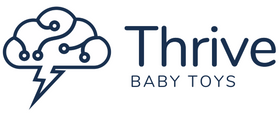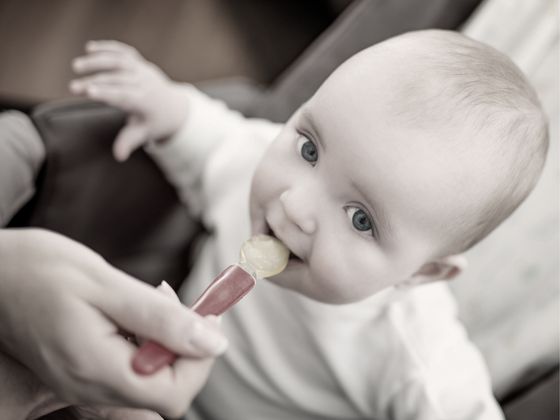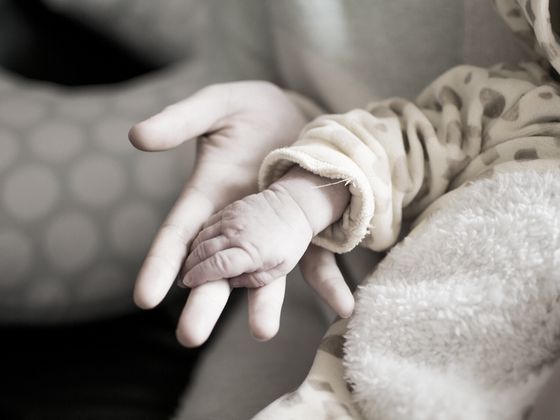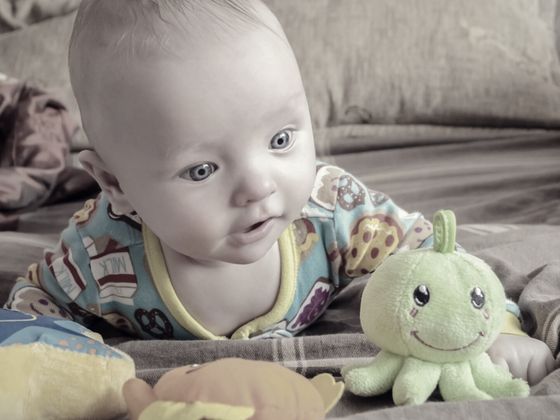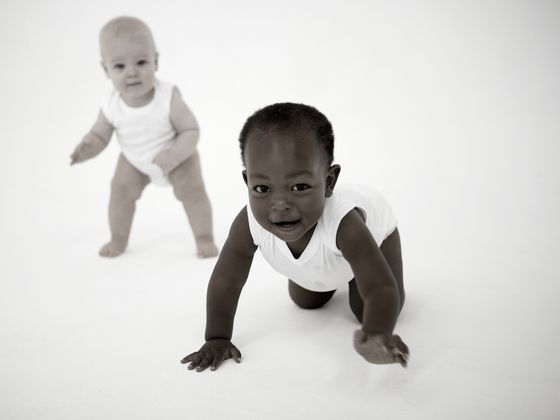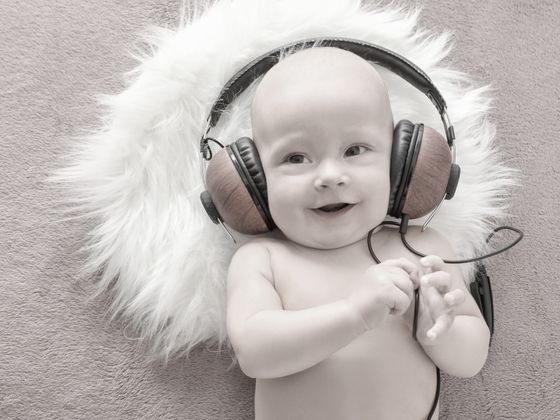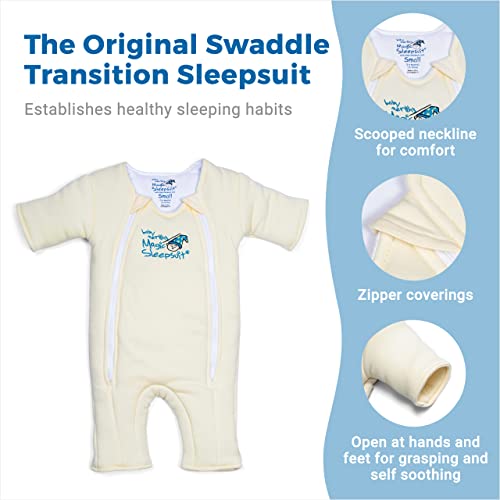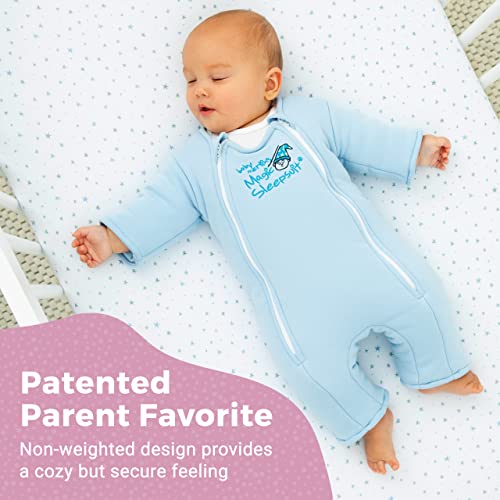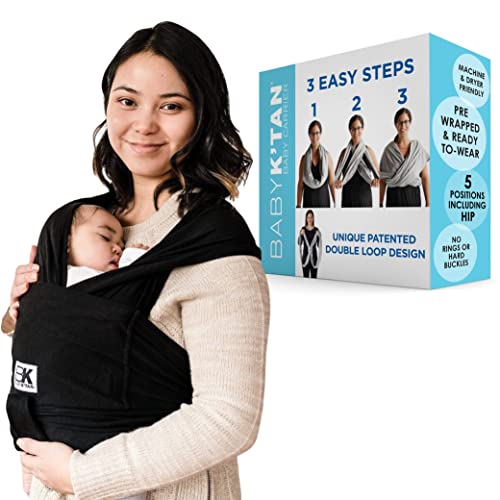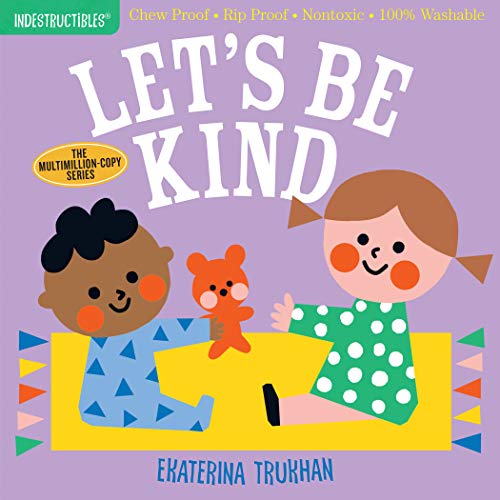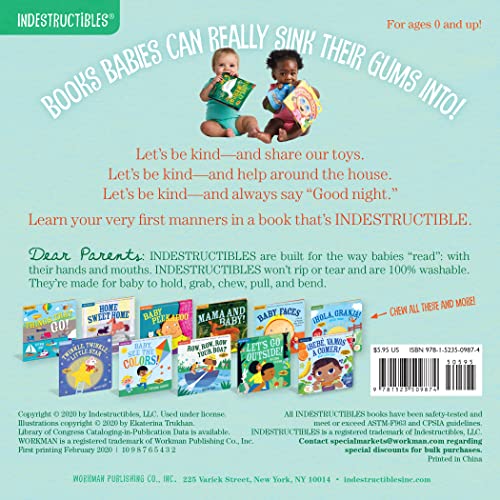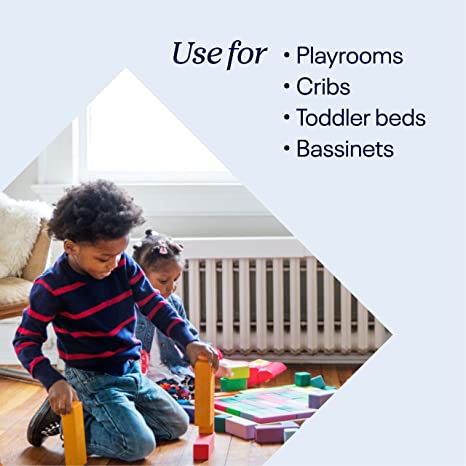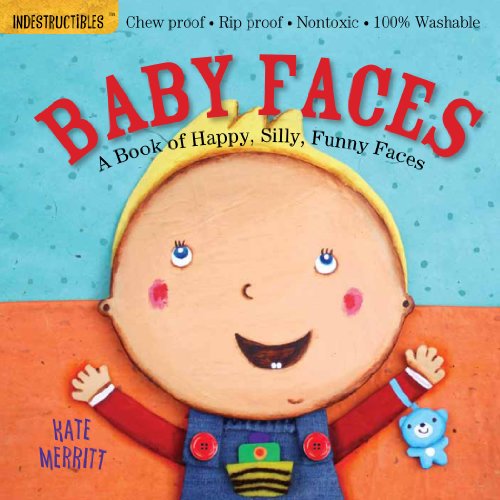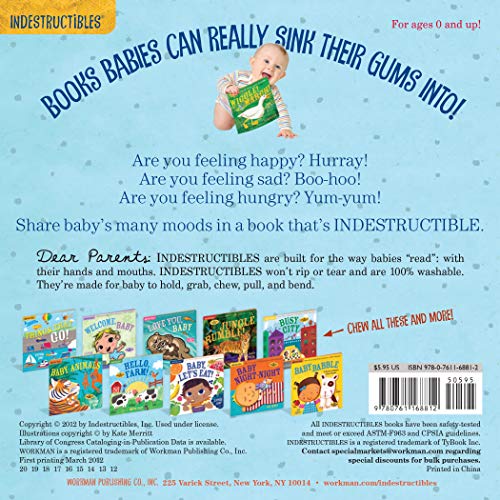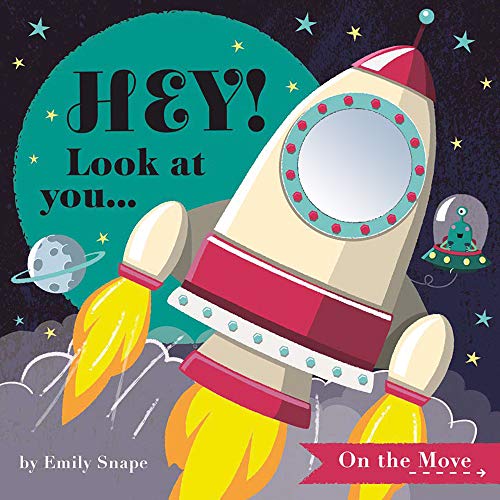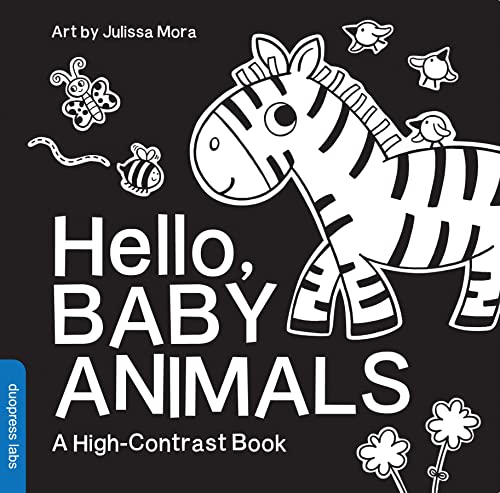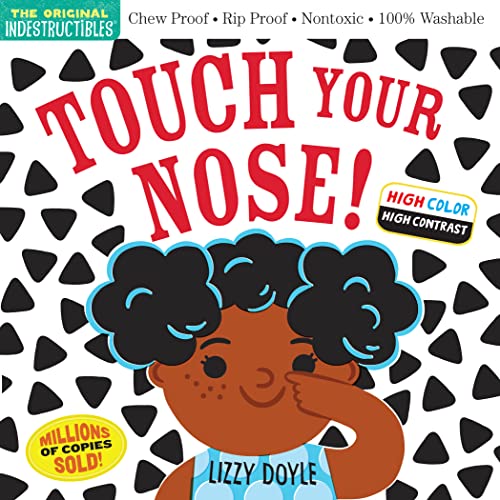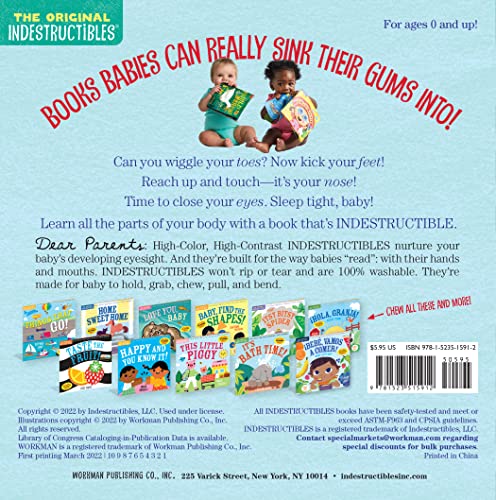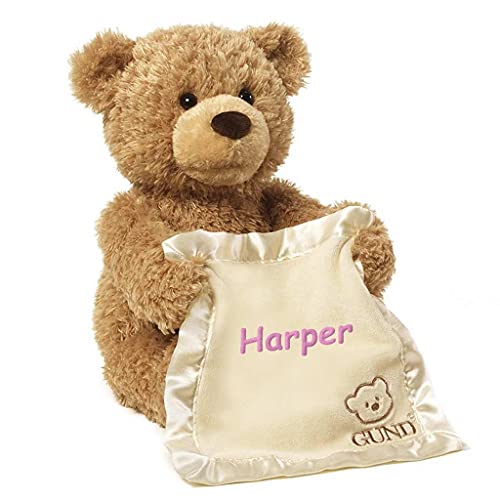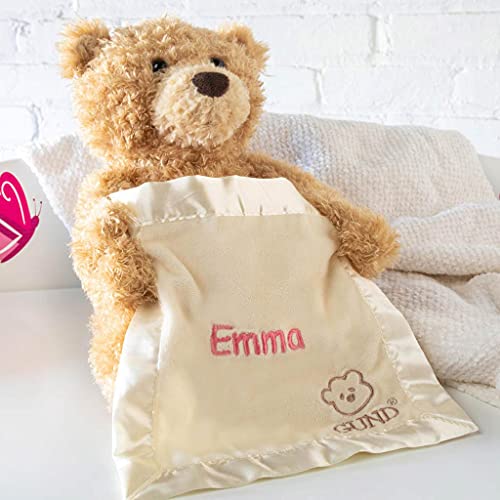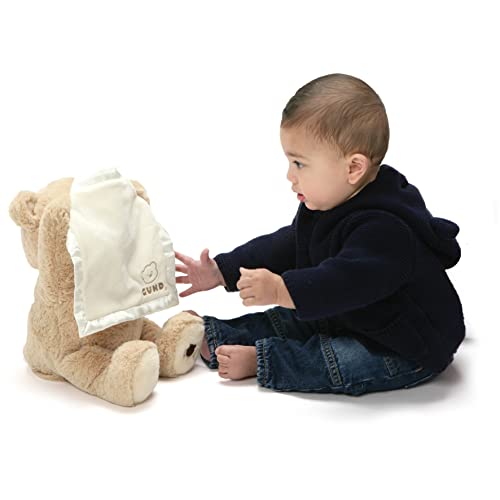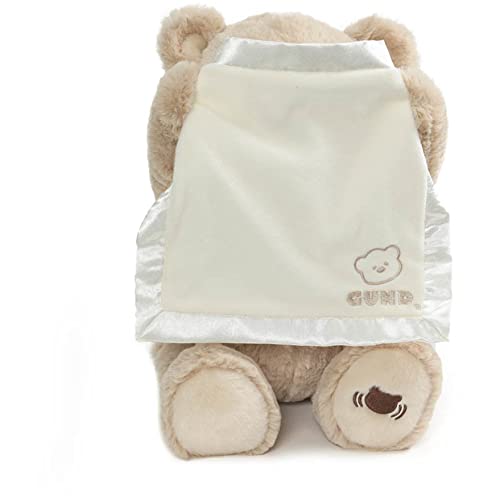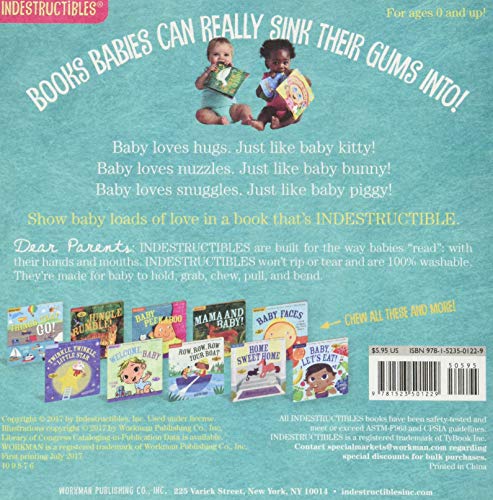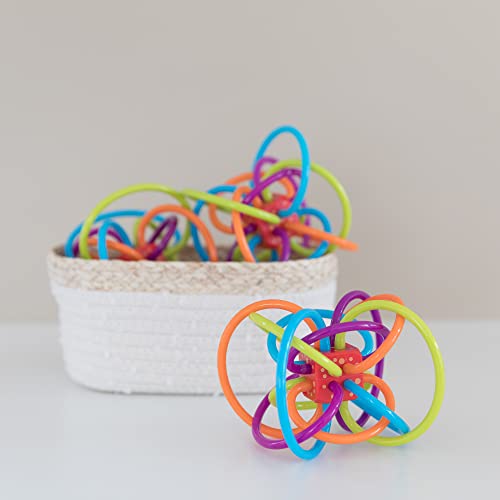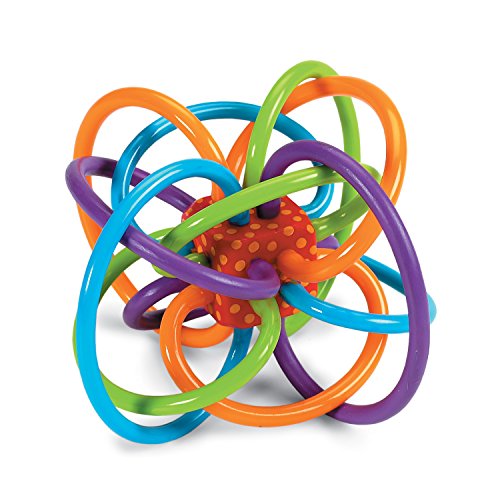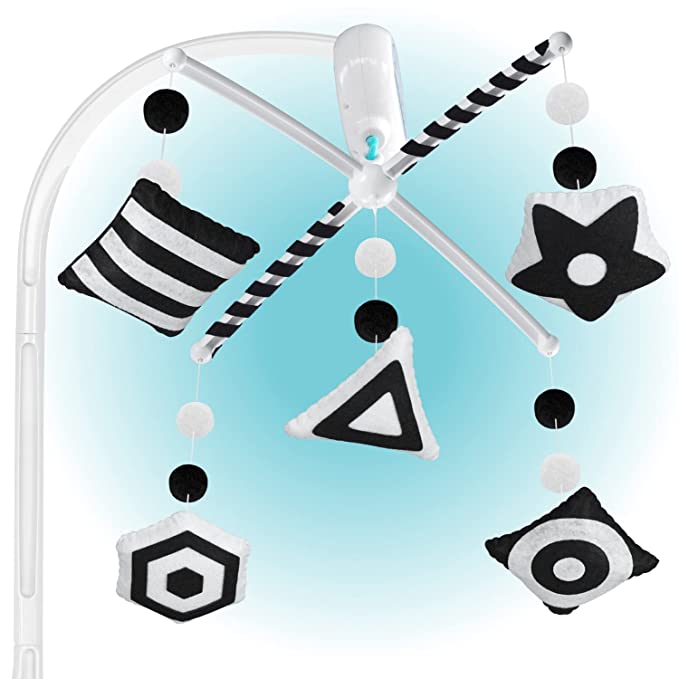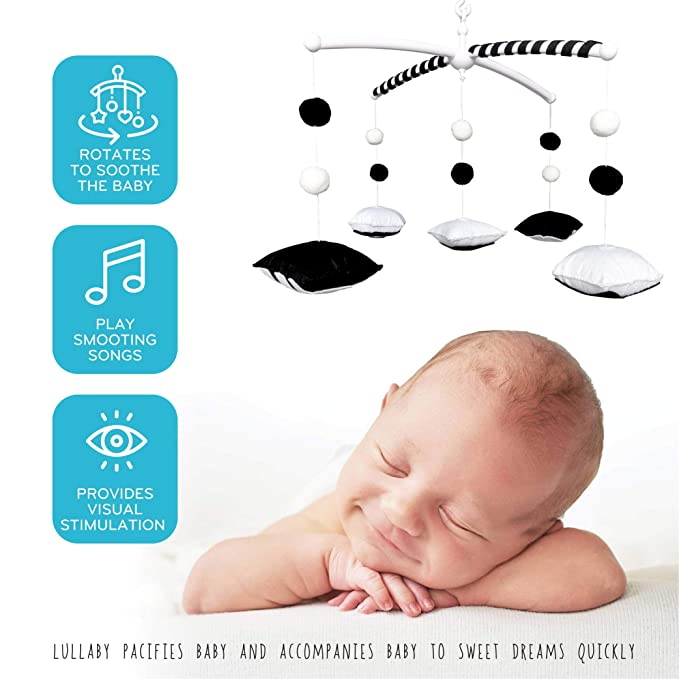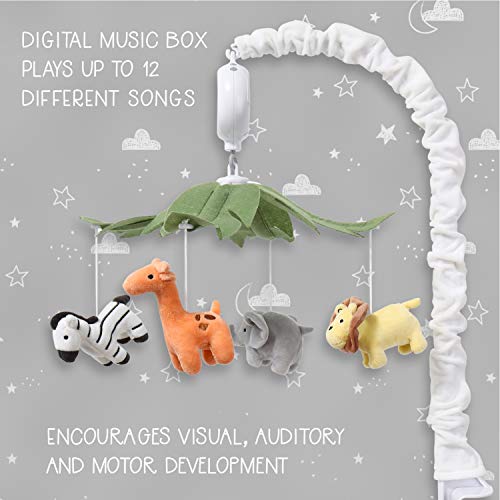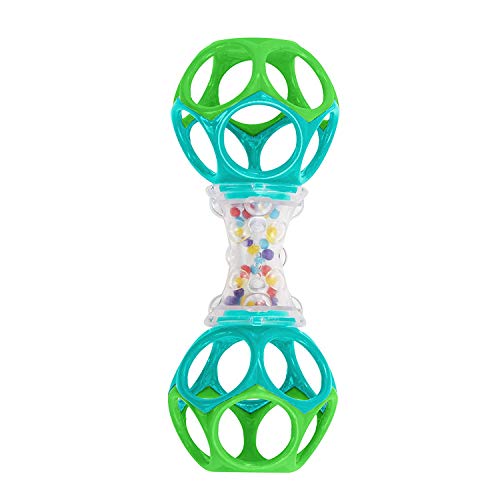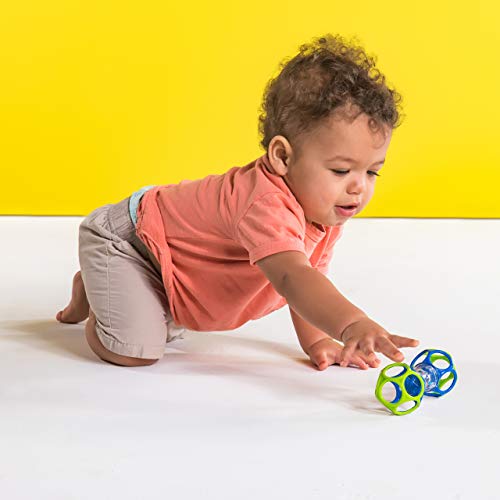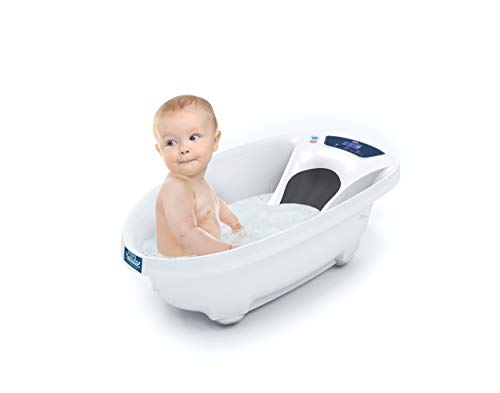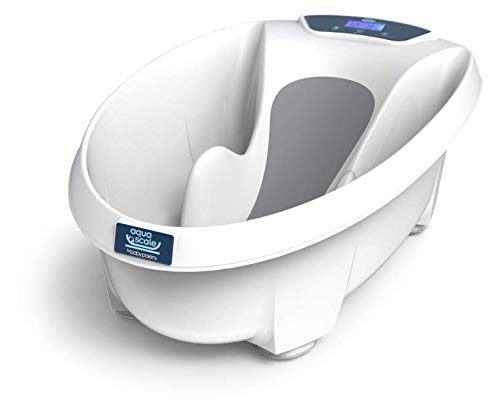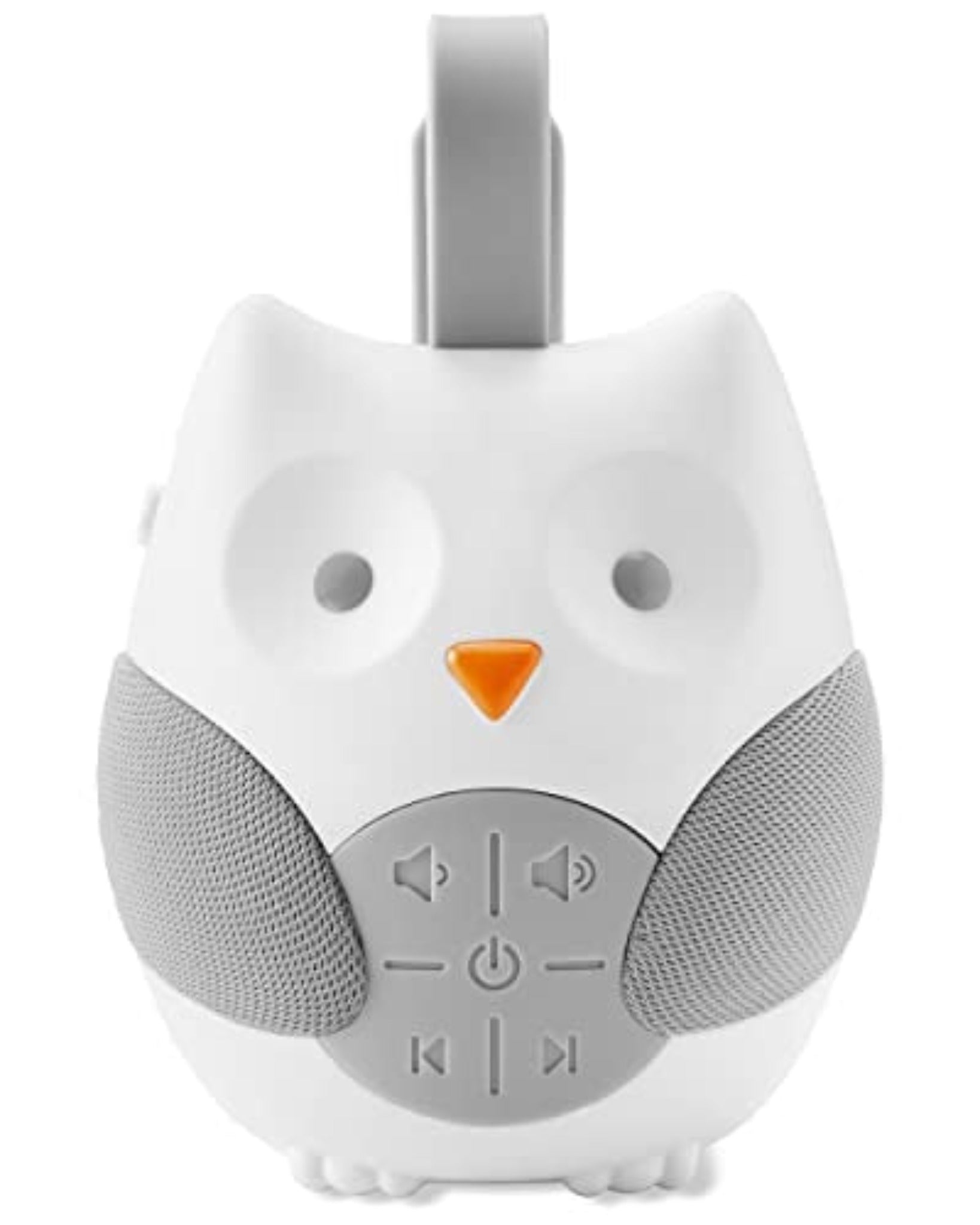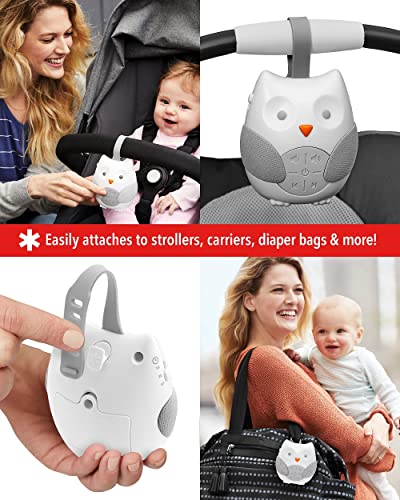
Best Toys for Babies 2-4 Months
Time flies—your baby is no longer a newborn! During this period your little one's brain is developing rapidly, and they are expected to reach some major development milestones. The right toys offer learning opportunities that can instill skills your baby needs to learn at this age in order to thrive. Explore brain-building toys across 5 key development areas.
2-4 Months Social & Emotional Development
Your baby will start to make more contact with you after the newborn stage. In addition to smiling, you can now expect adorable chuckles from her! At this age, she will start to show more interest in her surroundings providing additional opportunities to engage your baby in different ways.
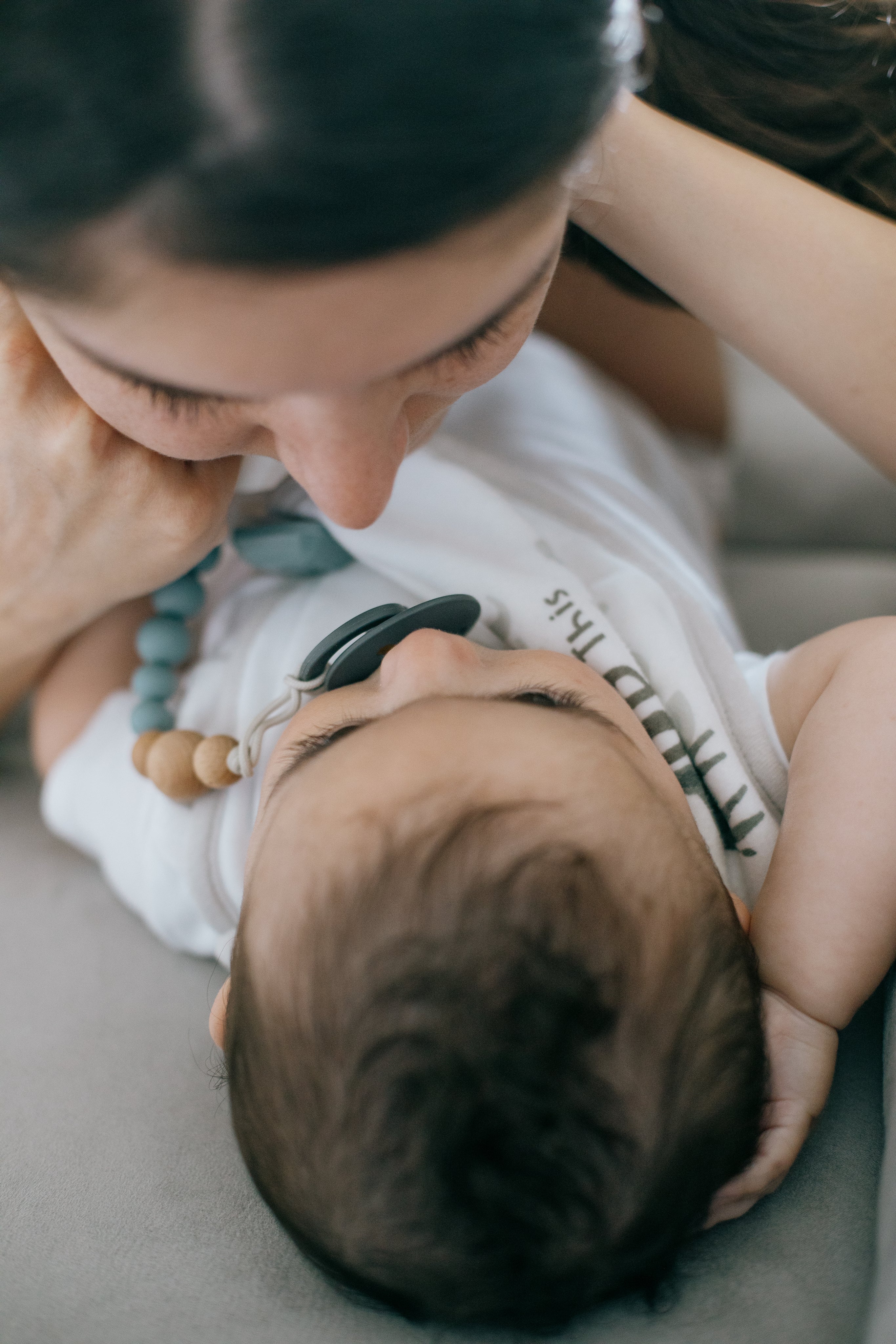
2-4 months Social & Emotional
Milestones
- Recognizes familiar people
- Likes to look at herself in a mirror
- Laughs
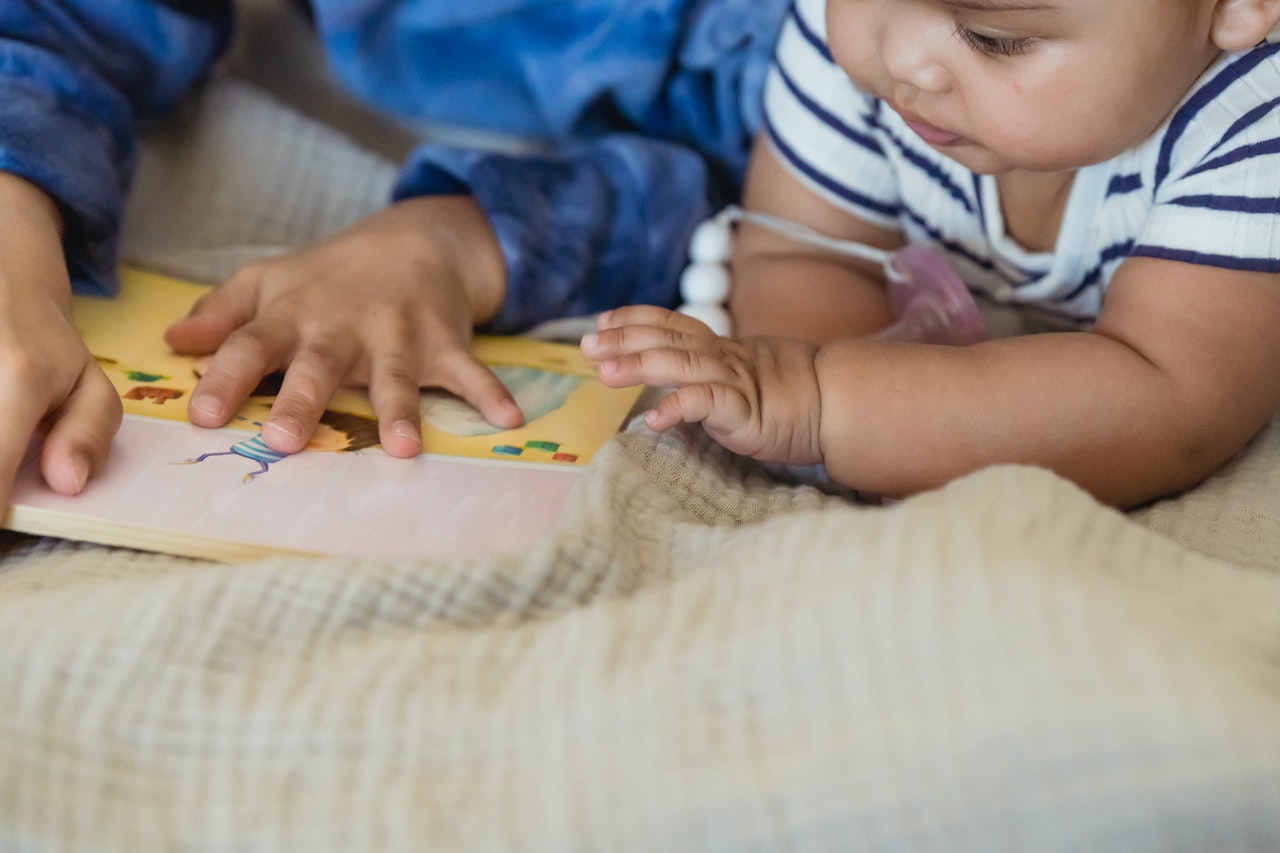
2-4 months Social & Emotional development
How You Can Help Your Baby Thrive
- Respond in a positive way to your baby—smile and be cheerful. Hold your baby, and act excited, smile, and talk to her when she makes sounds. A baby camera or baby monitor can help you make sure you never miss a beat.
- Around 8-12 weeks your baby will start producing sleep hormones, and become more aware of the world around them. When that happens, they'll start to need a dark room in order to sleep well also during naps. Set a steady routine for sleeping and feeding.
- Pay attention to how your baby reacts to different things. This will help you learn what she enjoys and what she doesn’t.
- Have quiet play time when you read books and sing or play music to your baby. Music players, and night light/white noise machines are great tools. Quiet play time can be especially helpful during the last wake window before bedtime so she has a chance to wind down.
2-4 Months Language & Communication Development
Most babies will babble by 4 months of age—an opportunity to turn those one-sided conversations into some back and forth.

2-4 months Language & Communication
Milestones
- Turns her head towards the sound of your voice.
- Makes sounds such as “oooo”, “aahh” (cooing).
- Makes sounds back at you when you talk to him.

2-4 months Language & Communication
How You Can Help Your Baby Thrive
- Talk, read storybooks, and sing to her. This will help your baby learn to speak and understand words later.
- Respond to your baby when she makes sounds. This teaches her to take turns “talking” back and forth in conversation.
- Mimic your baby’s sounds and see how long your baby “talks” back and forth with you.
- Limit screen time to video calls with loved ones. Screen time is not recommended for children under the age of 2 years. Babies learn by talking, playing, and interacting with other people (Zimmerman 2007).
top list
Baby Toys for 2-4 Months Language and Communication Development
Check out the full collection here.
2-4 Months Cognitive Development
Your baby's brain is developing rapidly with so many connections made in her brain during this time. Remember to 'serve and return.' When your baby 'serves' you language by a smile, laugh, or coo, 'return' it with a smile, laugh, or acknowledgment.

2-4 months Cognitive
Milestones
- Looks at her hands with interest.
- If hungry, opens her mouth when she sees breast or bottle.
- Follows objects with their eyes.
- Recognizes familiar objects and people.
- Responds to sound by cooing or babbling.
- Engages in social smiling and responding to facial expressions.
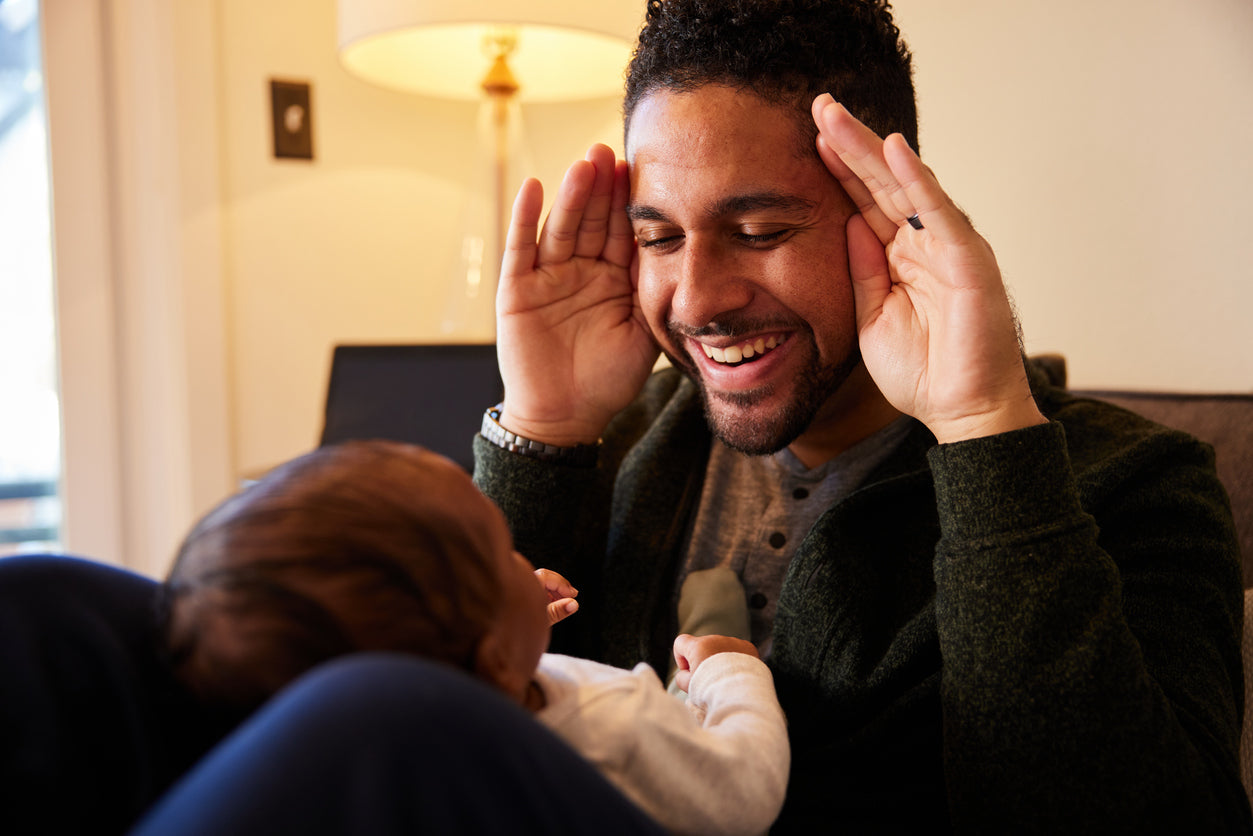
2-4 months Cognitive
How You Can Help Your Baby Thrive
- Play games like peek-a-boo. You can cover your eyes with your hands and then uncover while you say “peek-a-boo.” Watch for your baby’s smile or show other signs she is enjoying the game. Your baby might enjoy a Peekaboo Teddy Bear at this stage!
- Call your baby by her name to help her learn it. She will start to recognize it around 9 months. For example, “Are you hungry, Emma?”
- Books, mobiles and musical toys are great ways to activate your little ones brain.
2-4 Months Motor Development
Your baby is getting stronger, and you can stop supporting their head once they gain sufficient neck strength (usually around 3 or 4 months) - ask your pediatrician if you're unsure!
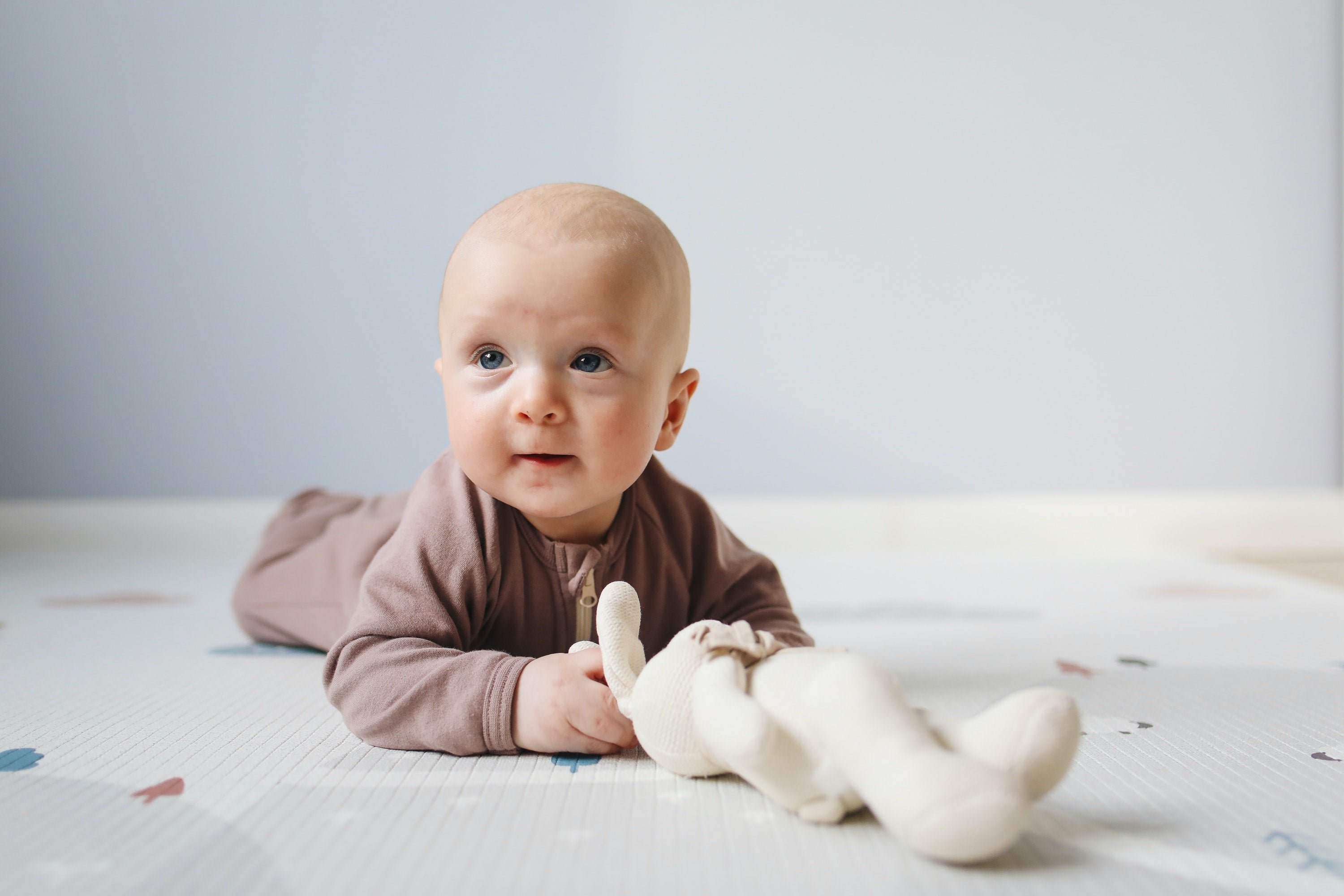
2-4 months Motor Development
Milestones
- Pushes up onto her elbows/forearms when on tummy
- Holds head steady without support when she is being held
- Holds a toy when you put it in her hand
- Uses her arms to swing at toys
- Brings hands to mouth
- Rolls over from tummy to back
- Reaches for and grasps toys
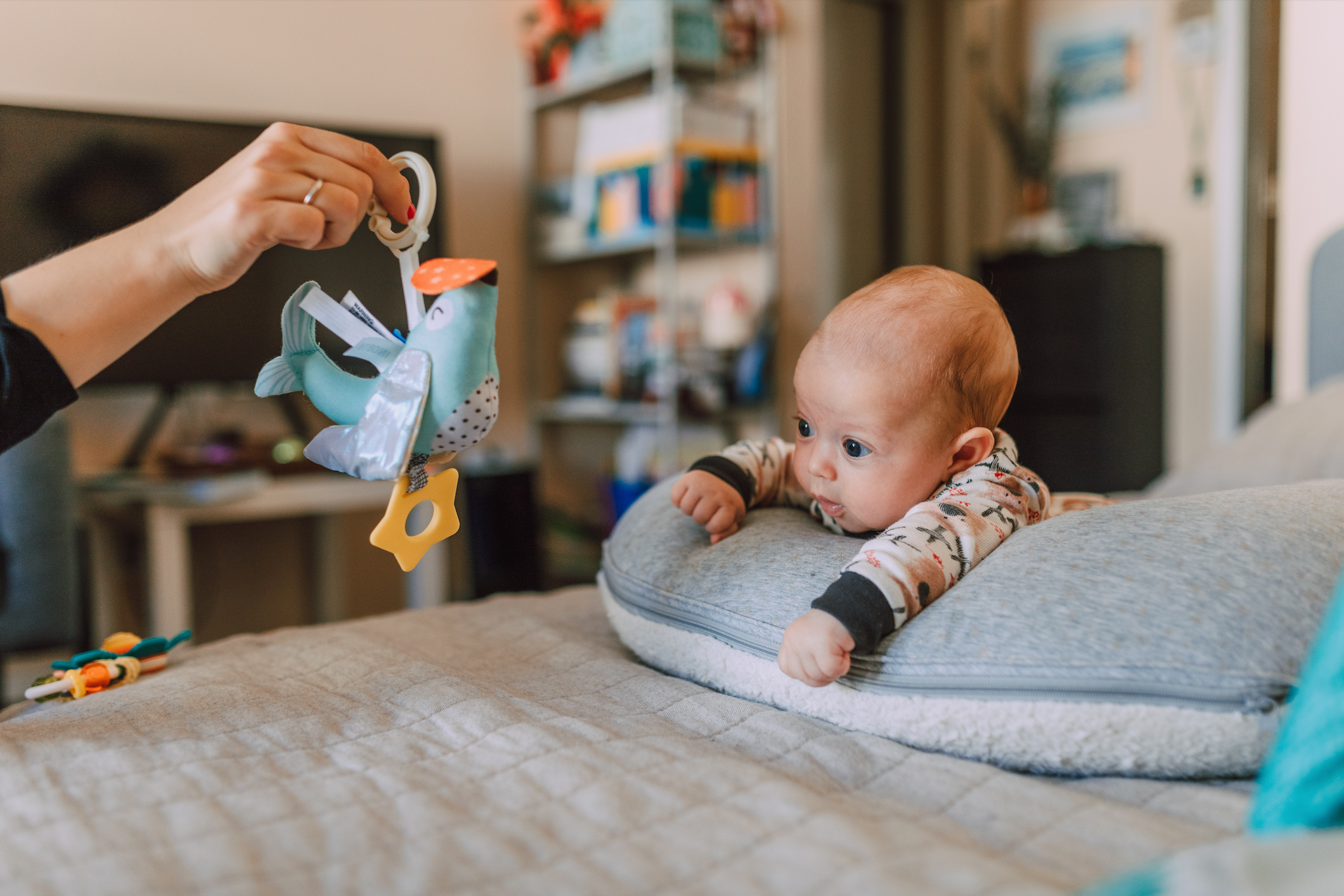
2-4 months Motor Development
How You Can Help Your Baby Thrive
- Tummy time! Playing on the floor or play mat with your baby on a daily basis helps him to move, learn, and explore. Try tummy time props such as pillows and mirrors as your baby becomes more advanced.
- Provide opportunities for your baby to reach for toys, kick at toys and explore what is around her. For example, put her on a playmat with toys. Give your baby safe toys to play with that are easy to hold, such as rattles or cloth books with colorful pictures for her age.
- Give your baby time to move and interact with people and objects throughout the day. Baby swings, and bouncy seats are good tools but not for extended periods of time.
- Sing and talk to your baby as you help her “exercise” (move her body) for a few minutes. Gently bend and move her arms and legs up and down.
- Play with your baby by holding her securely under her arms with her feet on your lap. Let her bounce up and down.
2-4 Months Sensory Development
Your baby's senses are developing, and in particular her vision improves drastically, which is crucial in this period of rapid early motor and cognitive development. Your baby will also begin oral sensory seeking—using their mouth to explore the world.
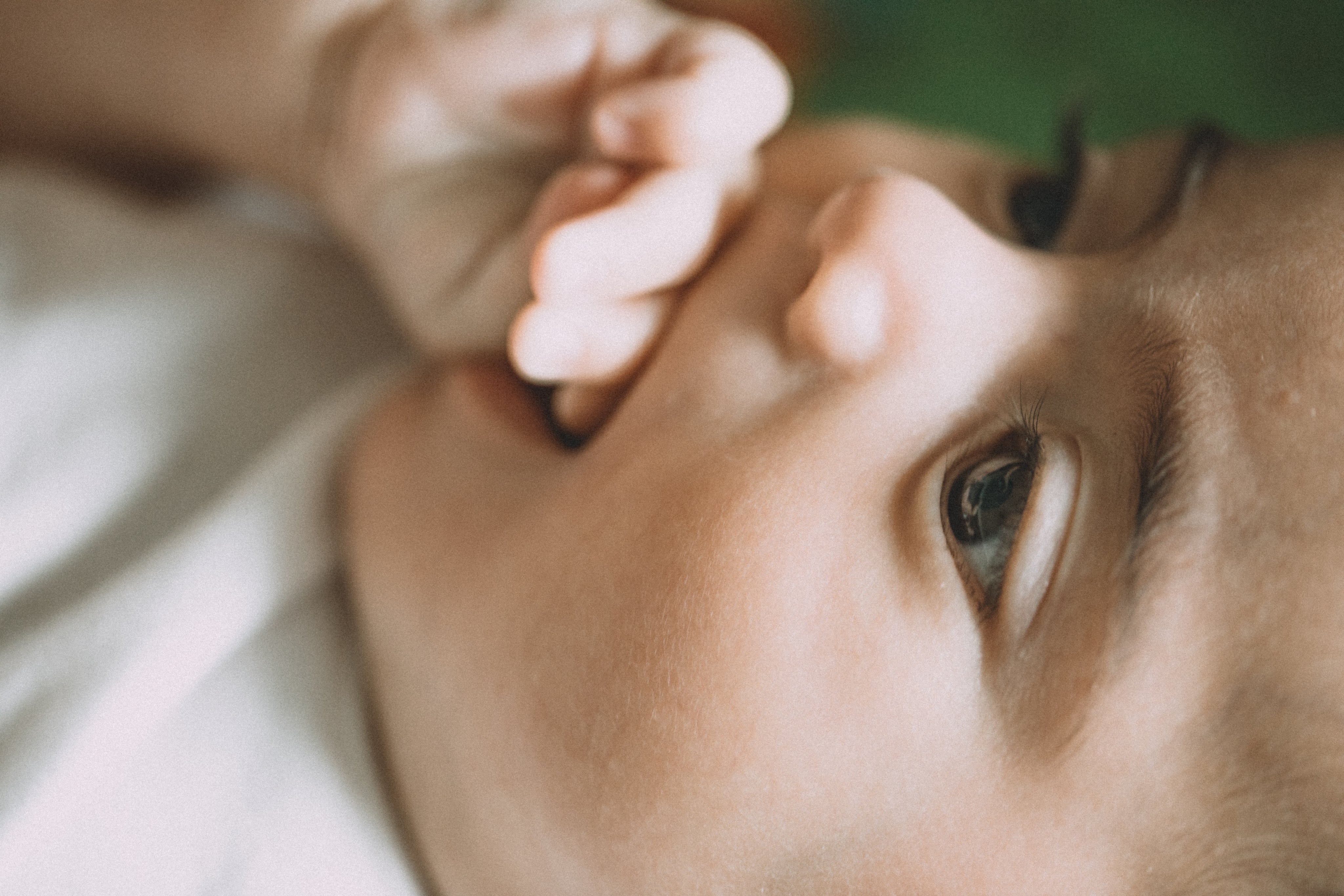
2-4 months Sensory Development
Milestones
- Sight: Visual range has increased to several yards.
- Smell: Will use their sense of smell to tell the difference between the people they know and strangers. They may cry or kick their legs if they feel scared or threatened by a person's smell.
- Hearing: Her hearing is better now, and she is learning to tune into certain sounds.
- Touch/Taste: Oral sensory seeking through putting things in their mouth. Able to distinguish between different flavors such as sweet, salty, sour and bitter.
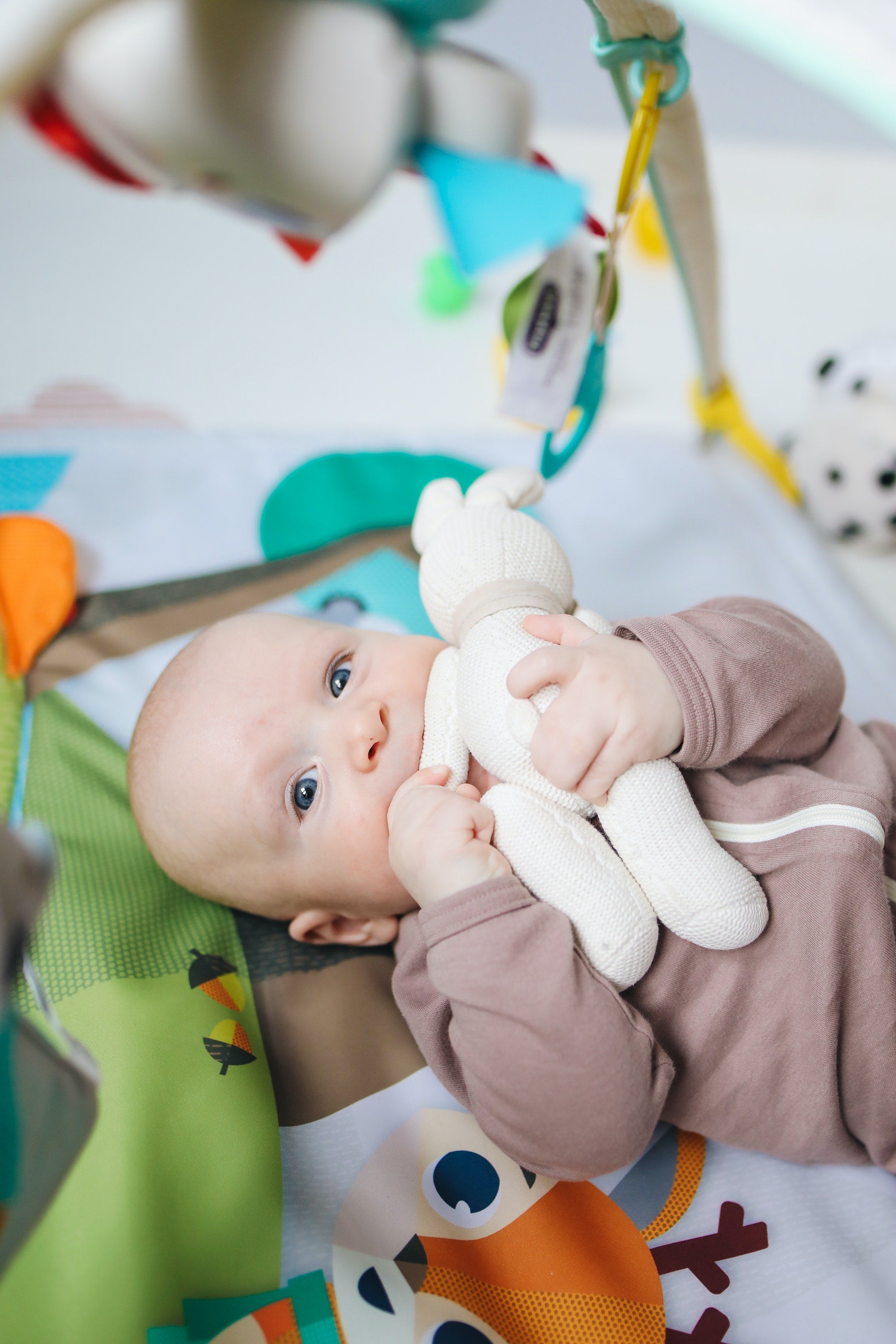
2-4 months Sensory Development
How You Can Help Your Baby Thrive
Sight:
- Show her bright-colored toys while she is laying on her back. Move the toy slowly from left to right and up and down to see if she watches the toy move. Use overhead mobiles for her crib, as well as baby gym mobiles and standing mobiles for floor time.
- Show her visual flash cards that help her focus her vision.
Touch/Taste:
- Let your baby put toys that are safe in her mouth to explore them. This is how she learns. For example, let her see, hear, and touch things that are not sharp, hot, or small enough to choke on.
- Get a nursing pillow to help you and your baby get comfortable during (and in-between) feedings.
Hearing:
- Expose your baby to music and different sounds through musical players and toys, night light sound machines, rainmakers and rattles.
- Avoid loud places to protect your baby's hearing, but if you must take her, be sure to protect her ears with noise cancelling baby earmuffs.
Sources:
https://kidshealth.org/en/parents/grow47m.html
https://www.cdc.gov/ncbddd/actearly/milestones/milestones-4mo.html
https://www.parents.com/baby/sleep/issues/sleep-mistakes-baby-how-to-get-baby-to-sleep/
Zimmerman, F.J., Christakis, D.A., & Meltzoff, A.N. (2007). Television and DVD/video viewing in children younger than 2 years. Archives of Pediatrics & Adolescent Medicine, 161, 473-479.
Zimmerman, F.J., Christakis, D.A., & Meltzoff, A.N. (2007). Associations between media viewing and language development in children.
https://www.griffinot.com/child-oral-sensory-seeking/
https://www.babycenter.com/baby/baby-development/baby-sensory-development-smell_1040110
